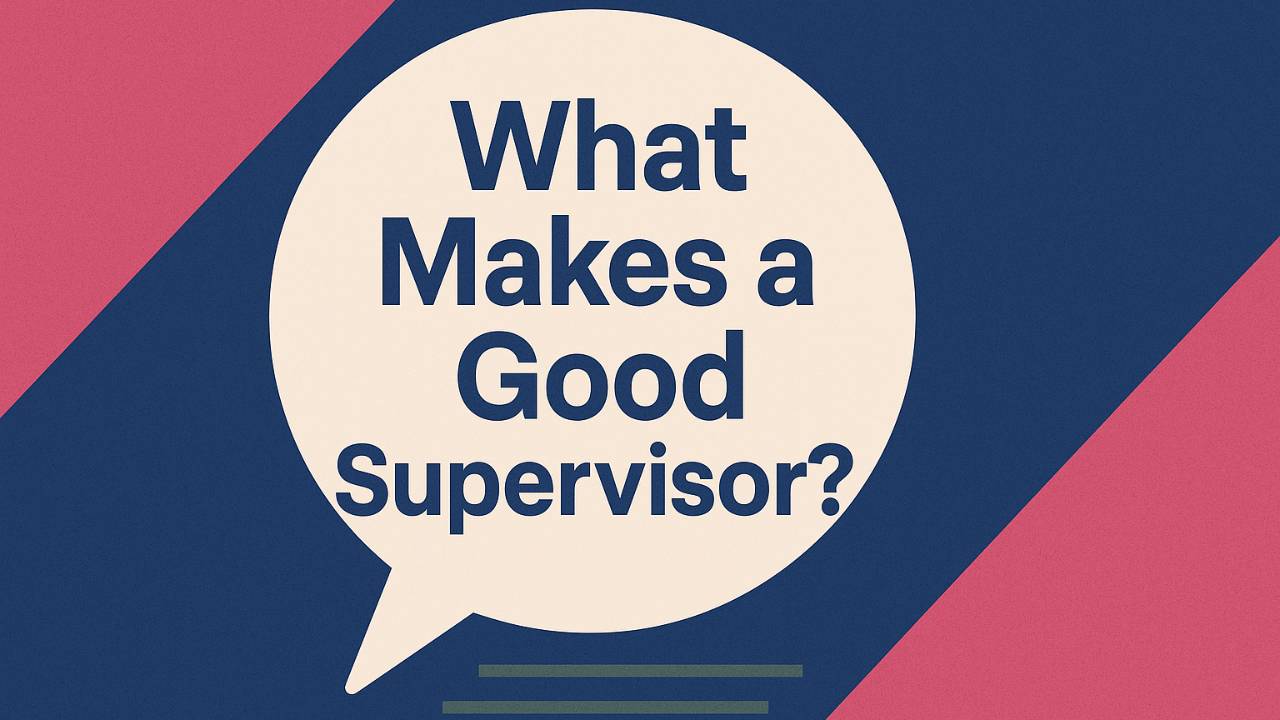
What Makes a Good Social Work Supervisor?
Aug 21, 2025If you’re pursuing your LCSW in Colorado, you already know how critical supervision is. But what actually makes someone a good supervisor?
When I ask this question in trainings and supervision groups, the answers are almost never “decades of experience” or “a particular specialization.”
Instead, what supervisors AND supervisees consistently name is simpler and more profound: Consistency. Support. Accountability.
Consistency Matters More Than Expertise
In Colorado, LCSWs must complete 96 hours of supervision (with at least 48 individual hours). That’s a significant commitment of time, energy, and trust. It means the relationship matters just as much as the content.
Good supervisors don’t treat supervision as an afterthought.
They show up - reliably, thoughtfully, and prepared.
They hold the space so supervisees can settle in, reflect, and grow.
When supervision is consistent, it creates the container needed for vulnerability, skill development, and the hard parts of the work to emerge.
Support and Accountability Go Hand in Hand
Great supervisors are present without micromanaging. They offer structure without rigidity. They’re supportive, but they also hold the line when it counts.
Supervision should be a space where clinical questions, ethical dilemmas, identity conflicts, and real-world struggles are welcomed, not avoided. It should feel grounded enough to hold your worst week, and sharp enough to challenge your best.
Supervisees don’t just need kindness. They need clarity.
Relationship Before Direction
Models and techniques matter, but they land best in the context of trust.
Supervisees are more likely to admit mistakes, explore their edges, and internalize feedback when they feel seen. In high-stress systems (and let’s be real—many Colorado social work jobs are high stress), supervision becomes an anchor.
It’s the steady relationship that helps people stay in the field, and stay ethical while doing so.
Questions to Ask a Potential Supervisor in Colorado
If you’re looking for LCSW supervision in Denver, Boulder, or virtually across the state, here are three questions to ask:
-
How do you make sure supervision stays consistent and reliable?
-
How do you balance support with accountability?
-
What does it look like in your practice for supervisees to feel both challenged and cared for?
These questions cut to the heart of what actually matters—not credentials, but connection.
And if you’re a supervisor (especially one building your identity outside of an agency role) prepare to answer these with intention. Your supervisees will notice how you respond just as much as what you say.
Ready to Go Deeper?
At the Center for Ethical Social Work Practice, we support new clinicians through LCSW supervision and help experienced social workers become the kind of supervisors the field needs.
Our 45-hour Clinical Supervision Training Series helps current and emerging supervisors move from reactivity and uncertainty to confidence, clarity, and ethical grounding—so they can stop second-guessing their decisions and start supervising with intention.
We’d love to support your growth.
Learn more about the training here
Need interview tips as a supervisee? Here’s another post to bookmark
© 2025 Center for Ethical Social Work Practice. All rights reserved. This article may not be reproduced without written permission.
Stay Connected With Us!
Join our mailing list to receive the latest social work news, ideas and resources.
We hate SPAM. We will never sell your information, for any reason.


